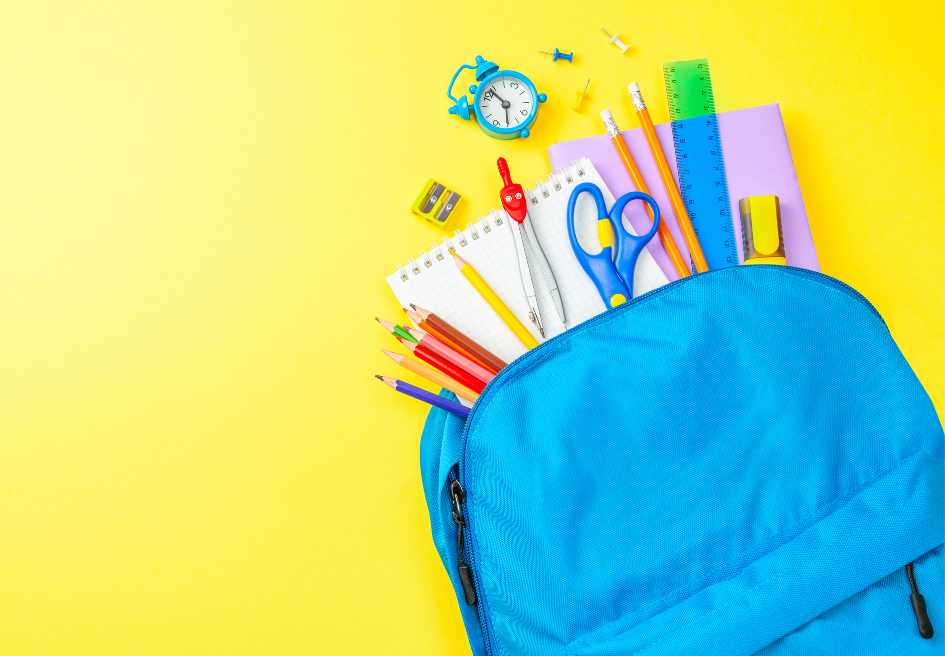As a parent of a special-needs child who has entered secondary school, I have concluded that there is still lots of work to be done for the inclusion and sensitising of special-needs students in schools, both primary and secondary.
Having endured ten years of ups and downs to ensure my child has the opportunity for quality education, it is sometimes disheartening to hear that some schools do not have a place for them or cannot deal with these children.
This cannot be the standard or benchmark of a country that has placed a high emphasis on education, based on budget allocation every fiscal year.
This cannot be the standard of a country that has inclusive and equitable quality education, as well as the promotion of lifelong learning opportunities for all as one of its developmental goals.
However, I must applaud the Student Support Services for trying its best despite facing many challenges. This unit in the Ministry of Education is vital for special-needs students.
Although the system set up is not perfect due to a shortage of staff and a high volume of referrals, resulting in long delays for referrals and follow-ups, I know that the employees there try their best. However, it can be frustrating for parents who must solely depend on this system due to financial constraints and lack of knowledge.
Therefore, sometimes the “ball is dropped” and some children are left on their own in schools where teachers are not trained in special needs, and the environment is not conducive to their needs.
I have been told that many special-needs students pass through the school system without any preparation for a future where they can become independent and productive citizens.
As a parent of a child on the spectrum (autism), I have learned to “mind my business early.” On a journey from speech therapy to occupational therapy, to trusting the system, based on being close to financial bankruptcy and huge loan debts, I persevered and tried to spread awareness in my corner of the woods.
However, I often wondered about the other educational stakeholders. How much is being done by denominational boards? Are any denominational schools willing to take at least one per cent of special-needs students out of their 20 per cent to champion their cause in the name of inclusivity and mainstreaming?
What about NGOs? Can they visit schools to sensitise both teachers and students about special-needs students?
It is a trend by the public and the corporate world to wear different-coloured socks on World Down Syndrome Day and highlight blue for Autism Month, but real help is needed in the classrooms.
This is where the stigma stops. The schools are the place where tolerance and acceptance start. They need the resources. Let us not forget this highly vulnerable group that needs our help.
LUCAS ROSEWOOD
special need parent



Responses